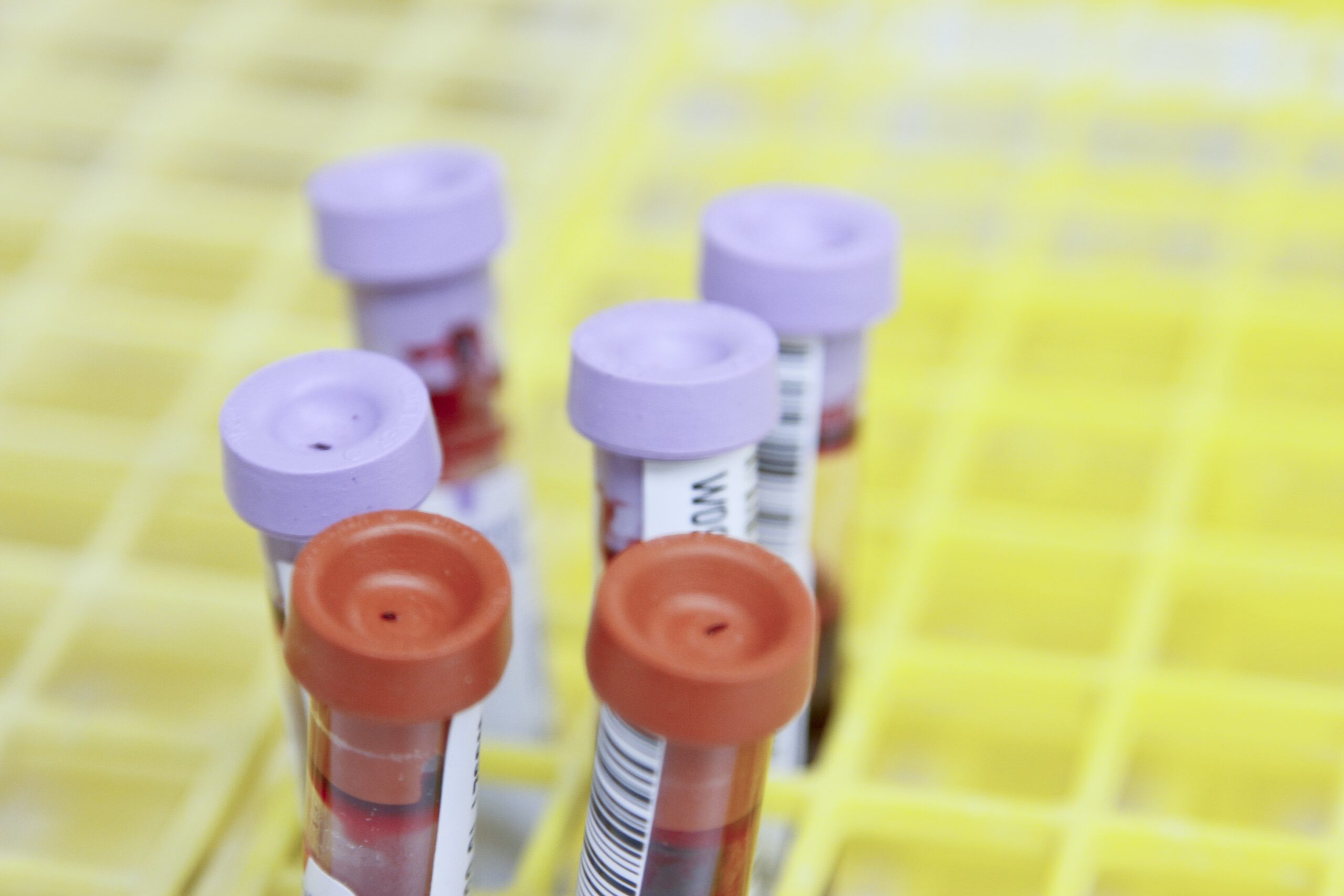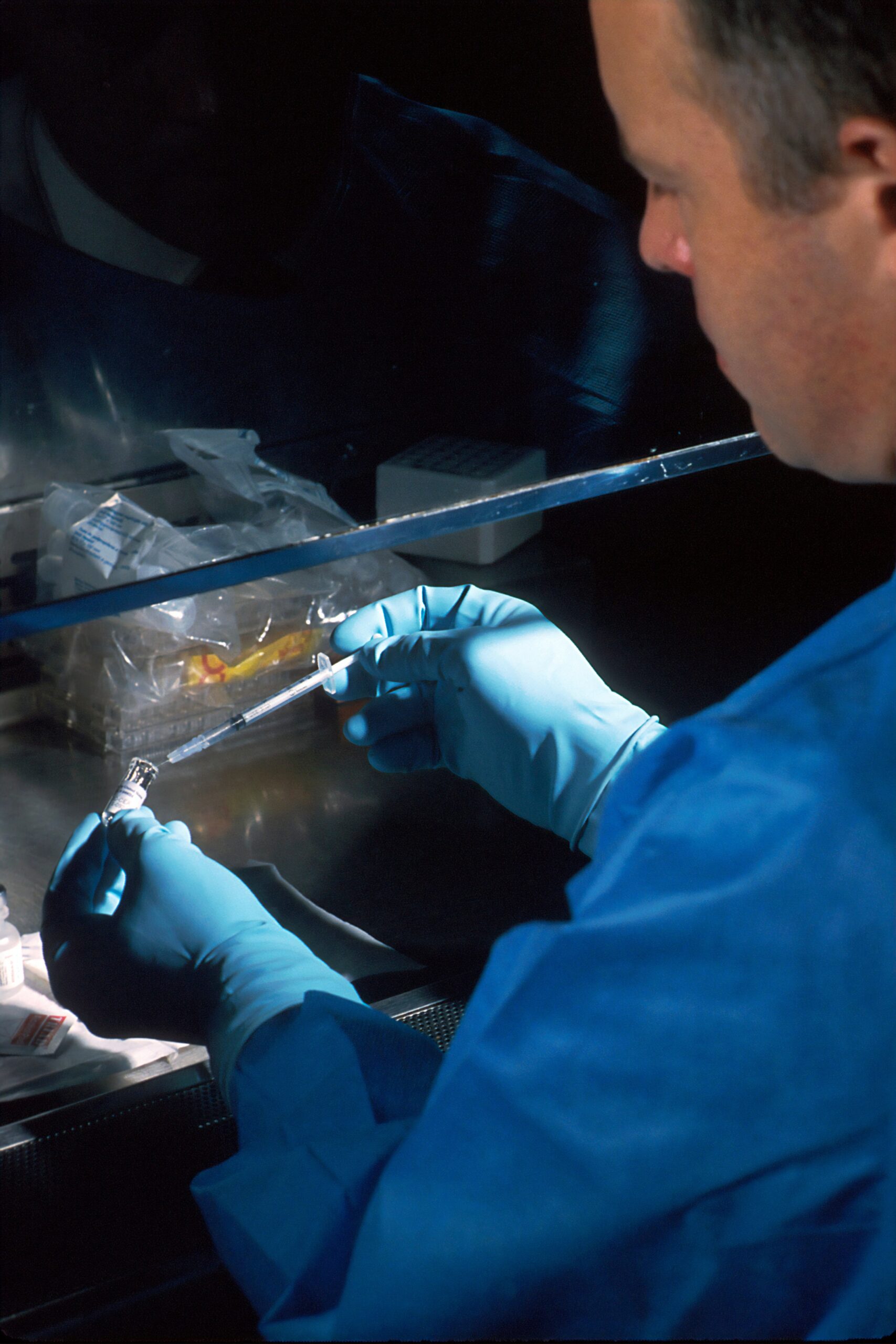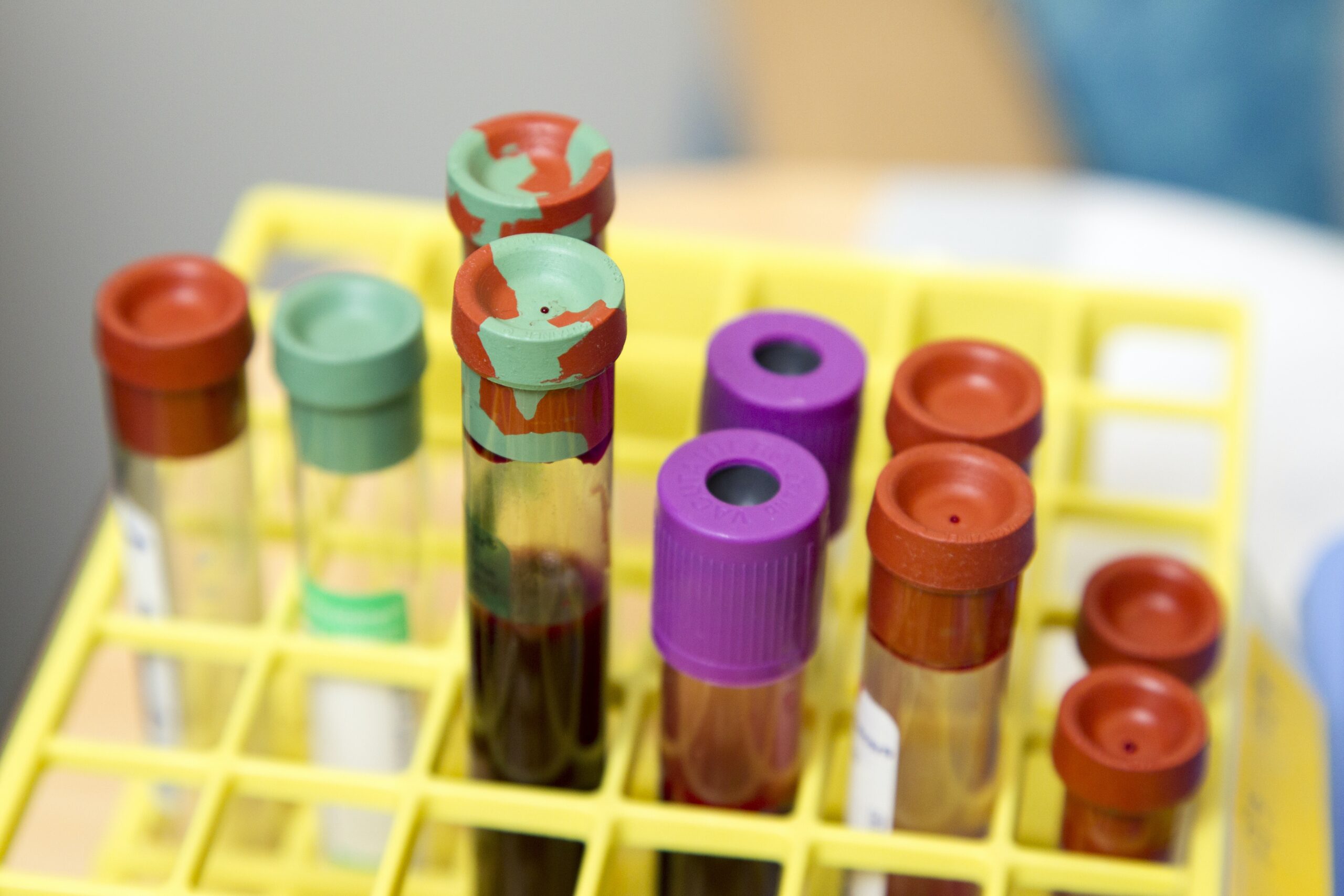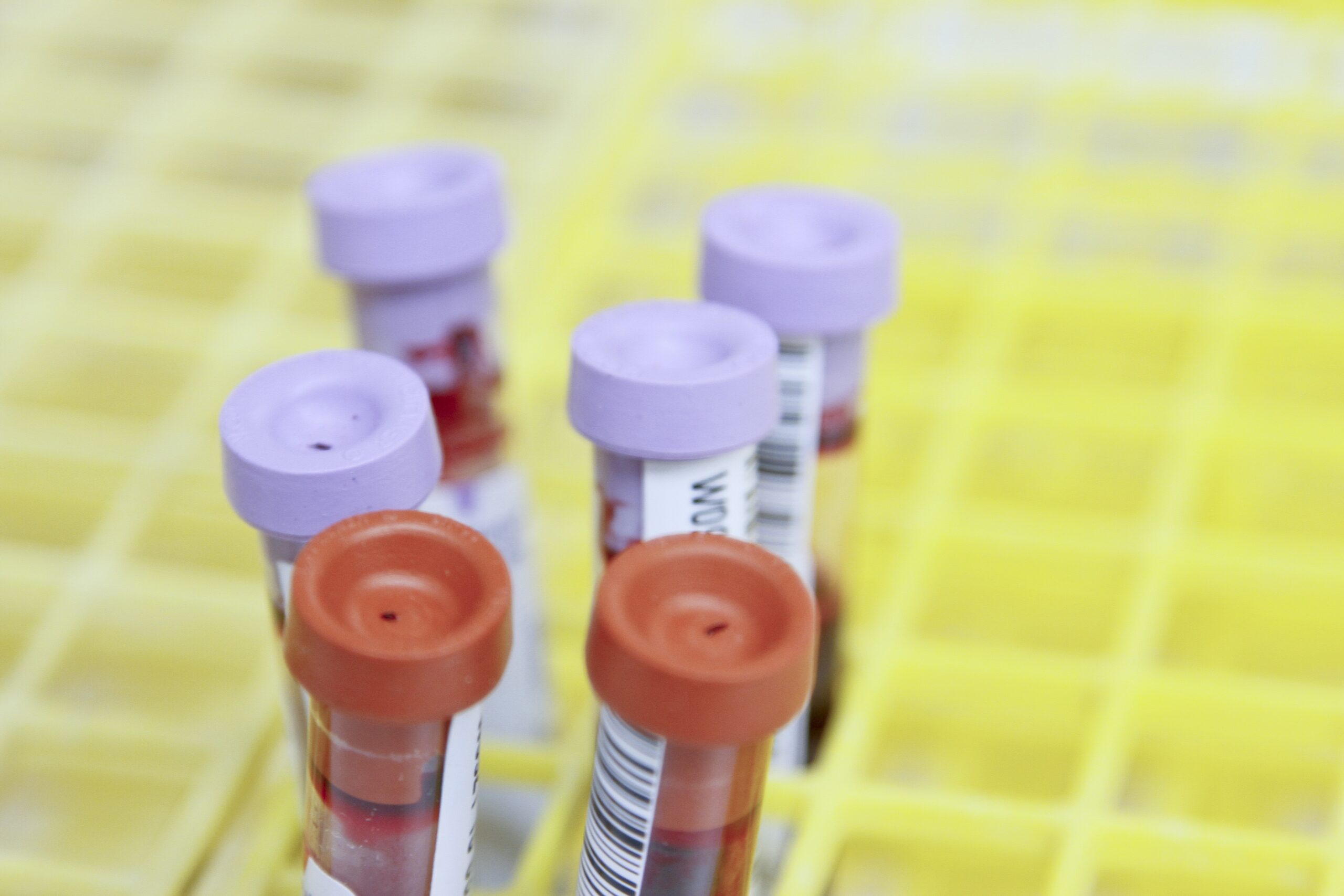Have you ever wondered why your urine smells bad when you have an enlarged prostate? It’s a common concern among men experiencing the symptoms of an enlarged prostate. This article aims to shed some light on the possible reasons behind this unpleasant odor and provide you with a better understanding of how an enlarged prostate can affect your urinary system. So, let’s explore the reasons why your urine may smell bad and what you can do to address this issue.

Understanding an Enlarged Prostate
Definition of an enlarged prostate
An enlarged prostate, also known as benign prostatic hyperplasia (BPH), is a condition commonly seen in older men. The prostate gland, which is located just below the bladder and surrounds the urethra, typically grows larger as men age. This growth can lead to various urinary symptoms and may impact the overall quality of life.
Common symptoms
Some of the common symptoms of an enlarged prostate include frequent urination, weak urine flow, difficulty starting or stopping urination, and the feeling of incomplete emptying of the bladder. These symptoms can vary in severity and may worsen over time if left untreated. Another symptom that may be experienced by individuals with an enlarged prostate is bad-smelling urine.
Risk factors
Although the exact cause of an enlarged prostate is not fully understood, there are several risk factors associated with the development of this condition. Age is a significant risk factor, as the likelihood of developing an enlarged prostate increases with age. Family history, hormonal imbalances, and certain medical conditions, such as obesity and diabetes, can also increase the risk.
How it affects the urinary system
An enlarged prostate can impact the urinary system in various ways. As the prostate gland grows larger, it can compress the urethra, leading to urinary symptoms such as hesitancy and reduced urine flow. This obstruction can also result in urinary stasis, where urine remains in the bladder for longer periods, increasing the risk of bacterial growth and infection. These factors can contribute to the development of bad-smelling urine in individuals with an enlarged prostate.
Causes of Bad-Smelling Urine
Dehydration
One of the common causes of bad-smelling urine is dehydration. When you are not adequately hydrated, your urine becomes more concentrated, leading to a stronger odor. Dehydration can occur due to various reasons, including insufficient fluid intake, excessive sweating, or certain medical conditions. It is essential to drink an adequate amount of water throughout the day to maintain proper hydration and reduce the risk of bad-smelling urine.
Urinary tract infections
Urinary tract infections (UTIs) are another common cause of bad-smelling urine. When bacteria enter the urinary tract, it can lead to infection, resulting in unpleasant-smelling urine. In individuals with an enlarged prostate, the risk of developing UTIs may be higher due to obstructed urine flow and urinary retention. If you experience symptoms such as burning sensation during urination, frequent urination, or cloudy urine along with bad smell, it is crucial to seek medical attention for proper diagnosis and treatment of the UTI.
Certain medications
The use of certain medications can also contribute to bad-smelling urine. Some antibiotics, when metabolized in the body, may produce a distinct odor that can be detected in urine. Certain vitamins, such as vitamin B6, can also alter the scent of urine. If you notice a change in the smell of your urine after starting a new medication, it is advisable to consult with your healthcare provider to determine if it is a side effect of the medication or requires further investigation.
Foods and beverages
The foods and beverages you consume can directly impact the smell of your urine. For example, certain foods like asparagus, garlic, onions, and spices can cause a temporary change in urine odor. Similarly, strong-smelling beverages like coffee and alcohol can also affect the scent of your urine. While these changes are usually harmless, if you notice a persistent and foul odor in your urine, it is important to consult with a healthcare professional to rule out any underlying medical conditions.
Underlying medical conditions
In some cases, bad-smelling urine may be an indication of an underlying medical condition. Conditions such as diabetes, liver or kidney diseases, and urinary stones can cause changes in urine smell. It is important to pay attention to other associated symptoms and to seek medical advice if you are concerned about the smell of your urine or experiencing any other unusual urinary symptoms.
Link Between Enlarged Prostate and Bad-Smelling Urine
Impact of the enlarged prostate on urinary functions
An enlarged prostate can have a significant impact on urinary functions, which may contribute to the development of bad-smelling urine. As the prostate gland grows larger, it can obstruct the flow of urine from the bladder, leading to urinary retention and stasis. This stagnant urine can provide an ideal environment for the growth of bacteria, contributing to the foul odor. Additionally, the urinary symptoms associated with an enlarged prostate, such as frequent urination and incomplete emptying of the bladder, can further increase the risk of bad-smelling urine.
Urinary retention and bad smell
Urinary retention, a common complication of an enlarged prostate, occurs when the bladder does not empty completely. The retained urine can become stagnant and create an environment suitable for bacterial growth. This bacterial overgrowth can lead to infections, which often cause bad-smelling urine. It is important to seek medical attention if you experience urinary retention, as it can lead to more severe complications if left untreated.
Associated urinary tract infection
Individuals with an enlarged prostate are at an increased risk of urinary tract infections (UTIs) due to the obstruction of the urinary flow. UTIs can cause a range of symptoms, including bad-smelling urine. The infection can introduce bacteria into the urinary system, leading to an unpleasant odor. Proper diagnosis and treatment of UTIs are crucial to prevent complications and improve the overall urinary health.
Urinary Tract Infection and Enlarged Prostate
Causes of UTIs in men with enlarged prostate
UTIs in men with an enlarged prostate are primarily caused by the obstruction of the urinary flow. The prostate gland surrounds the urethra, the tube that carries urine from the bladder out of the body. When the prostate becomes enlarged, it can compress the urethra, making it difficult for urine to pass through effectively. This obstruction can lead to urinary stasis, bacterial overgrowth, and an increased risk of UTIs.
Symptoms beyond bad-smelling urine
In addition to bad-smelling urine, UTIs in men with an enlarged prostate can cause various symptoms. These symptoms may include a burning sensation or pain during urination, cloudy or bloody urine, frequent urination, and a sense of urgency. Fatigue, fever, and lower abdominal pain may also be present in severe cases. If you experience any of these symptoms along with bad-smelling urine, it is important to seek medical attention for proper diagnosis and treatment.
Treatment options
The treatment options for UTIs in men with an enlarged prostate may involve a combination of medication and lifestyle modifications. Antibiotics are commonly prescribed to treat the infection and relieve symptoms. In some cases, medication may be needed to help shrink the prostate and improve urinary flow. Lifestyle changes, such as increasing fluid intake and maintaining proper hygiene, can also play a crucial role in preventing UTIs. It is important to follow the treatment plan recommended by your healthcare provider to effectively manage UTIs and promote urinary health.

Effects of Medications on Urine Smell
Types of medications that can cause bad-smelling urine
Several medications can alter the smell of urine. Antibiotics are one category of medications that can lead to changes in urine odor. Some antibiotics, such as penicillin, can produce a distinct and sometimes unpleasant odor when metabolized in the body. Other examples of medications that can cause changes in urine smell include certain vitamins, such as vitamin B6, and some herbal supplements.
Interactions between prostate medications and urinary smell
Prostate medications, such as alpha-blockers and 5-alpha-reductase inhibitors, are commonly prescribed to manage urinary symptoms associated with an enlarged prostate. While these medications are effective in improving urinary flow, they may not directly influence the smell of urine. However, some individuals may experience changes in urine odor as a result of the medications’ effects on the urinary system. It is important to discuss any concerns regarding medication side effects, including changes in urine smell, with your prescribing healthcare provider.
Suggestions for dealing with medication side effects
If you notice a change in the smell of your urine after starting a medication, it is advisable to consult with your healthcare provider. They can evaluate whether the medication is the cause of the change and determine if any adjustments need to be made. In some cases, changing the dosage, timing, or type of medication may help alleviate the side effects. It is essential to communicate openly with your healthcare provider to ensure the most effective and tolerable treatment plan.
Impact of Diet on Urine Smell
Types of foods that can affect urine smell
Certain foods can cause changes in the smell of urine. Asparagus is a well-known example, as it contains sulfur compounds that, when metabolized, can give urine a distinctive odor. Other foods, such as garlic, onions, spices, and cruciferous vegetables like cabbage and broccoli, can also have an influence on the scent of urine. While these changes are generally harmless, they may cause temporary odor alterations.
Importance of hydration
Hydration plays a crucial role in maintaining urinary health and reducing the risk of bad-smelling urine. Drinking an adequate amount of water throughout the day helps dilute urine, preventing it from becoming too concentrated and reducing the likelihood of strong odors. Additionally, proper hydration supports overall kidney function, which is essential for urine production and elimination. It is recommended to consume at least eight glasses of water per day, or more if you engage in strenuous physical activity or live in a hot climate.
Diet strategies for managing an enlarged prostate
For individuals with an enlarged prostate, certain dietary modifications may help alleviate urinary symptoms and reduce the risk of bad-smelling urine. Some recommendations include incorporating more fruits, vegetables, and whole grains into your diet while reducing the intake of processed foods, caffeine, and alcohol. Avoiding spicy foods and maintaining a healthy weight can also be beneficial. It is important to consult with a registered dietitian or healthcare professional for personalized dietary guidance based on your specific needs and health condition.

Preventing Bad-Smelling Urine with Enlarged Prostate
Maintaining hydration
Proper hydration is essential for preventing bad-smelling urine in individuals with an enlarged prostate. Drinking an adequate amount of water helps dilute urine and reduces the likelihood of concentrated, strong-smelling urine. It is important to make hydration a priority and aim to consume approximately eight glasses of water per day. However, the actual fluid intake may vary based on factors such as physical activity, climate, and individual needs. Consulting with a healthcare professional can provide personalized hydration recommendations.
Regular medical check-ups
Regular medical check-ups are crucial for individuals with an enlarged prostate to monitor their urinary health and address any potential concerns. This includes routine visits to a healthcare provider or urologist who specializes in prostate health. These check-ups allow for early detection of any changes or complications that may contribute to bad-smelling urine. Regular prostate examinations and urine tests are essential components of these check-ups and can help identify any underlying issues.
Proper diet
Maintaining a proper diet is important for individuals with an enlarged prostate to manage urinary symptoms and reduce the risk of bad-smelling urine. Following a balanced diet that includes fruits, vegetables, whole grains, lean proteins, and healthy fats can support overall prostate health. Limiting the consumption of processed foods, caffeine, alcohol, and spicy foods can also help alleviate urinary symptoms. It is advisable to consult with a registered dietitian or healthcare professional for personalized dietary recommendations.
Avoiding certain medications
If you are experiencing bad-smelling urine along with an enlarged prostate, it may be worth discussing with your healthcare provider the possibility of certain medications contributing to the odor. While not all medications can be avoided, your healthcare provider may recommend alternative options or adjust the dosage or timing to help minimize the side effects. Open communication with your healthcare provider is crucial in determining the best course of action.
Assessing Other Urinary Symptoms
Frequent urination
Frequent urination is a common symptom experienced by individuals with an enlarged prostate. As the prostate grows larger, it can place pressure on the bladder and obstruct the flow of urine. This can lead to the frequent need to urinate, often during the nighttime as well. If you notice an increased frequency of urination or a sudden change in your urinary habits, it is important to consult with a healthcare professional to evaluate the underlying cause.
Pain or discomfort during urination
Pain or discomfort during urination can be a sign of various urinary conditions, including urinary tract infections or inflammation of the prostate (prostatitis). In individuals with an enlarged prostate, the obstruction of urine flow can cause irritation to the urinary system, resulting in pain or discomfort. If you experience any pain, burning sensation, or discomfort while urinating, it is important to seek medical attention for proper diagnosis and treatment.
Blood in urine
The presence of blood in urine, also known as hematuria, should always be evaluated by a healthcare professional. While it can be a symptom of a urinary tract infection, blood in urine can also indicate more serious conditions, such as kidney stones, bladder or prostate cancer. Individuals with an enlarged prostate may be at an increased risk of developing blood in urine due to the potential complications associated with the condition. Prompt medical attention is necessary to determine the underlying cause and initiate appropriate treatment.
Difficulty starting or stopping urination
Difficulty starting or stopping urination is a common symptom of an enlarged prostate. As the prostate gland grows larger, it can obstruct the flow of urine and make it challenging to initiate urination. Similarly, stopping urination completely can be difficult due to the obstruction. These symptoms can impact the urinary flow and contribute to the development of bad-smelling urine. If you experience persistent difficulty starting or stopping urination, it is important to consult with a healthcare professional for a proper evaluation and management plan.
Medical Diagnosis and Tests
Physical examination
A physical examination is often one of the initial steps in diagnosing an enlarged prostate. During the examination, a healthcare professional or urologist may perform a digital rectal examination (DRE) to assess the size, shape, and condition of the prostate gland. This involves the insertion of a gloved, lubricated finger into the rectum to feel for abnormalities.
Urine tests
Urine tests are commonly performed to evaluate the presence of infection or other abnormalities in the urinary system. A urine sample may be collected and tested for the presence of bacteria, blood, or other substances that can indicate underlying conditions. In the case of bad-smelling urine, a urine test can help identify urinary tract infections or other factors contributing to the odor.
Imaging tests
Imaging tests, such as ultrasound or computed tomography (CT) scans, may be used to visualize the prostate gland and assess any structural abnormalities. These tests can provide detailed images of the prostate and surrounding structures, helping healthcare professionals in diagnosing an enlarged prostate and determining the best course of treatment.
Biopsy and other invasive tests
In some cases, a biopsy may be recommended to further evaluate the prostate gland. This involves the removal of a small tissue sample from the prostate for analysis. Biopsies are typically performed if there are concerns about prostate cancer or other serious conditions. Other invasive tests, such as cystoscopy, may also be conducted to visualize the urinary system and assess any abnormalities that may be contributing to bad-smelling urine or other urinary symptoms.
Treatment Options for Bad-Smelling Urine and Enlarged Prostate
Conservative management
Conservative management strategies focus on lifestyle modifications and self-care measures to alleviate symptoms associated with an enlarged prostate and bad-smelling urine. These may include regular exercise, limiting caffeine and alcohol intake, practicing pelvic floor exercises, and maintaining good hydration. However, it is important to note that conservative management may not directly address the underlying cause of bad-smelling urine and may not be sufficient for everyone.
Medications
Medications can be prescribed to manage symptoms associated with an enlarged prostate and improve urinary health. Alpha-blockers and 5-alpha-reductase inhibitors are commonly used to relax the muscles of the prostate and improve urine flow. Antibiotics may also be prescribed to treat or prevent urinary tract infections. It is important to discuss the potential side effects and risks associated with medications with your healthcare provider to ensure the most appropriate treatment plan.
Surgery
In cases where medications and conservative management do not effectively alleviate symptoms, surgical intervention may be considered. Surgical procedures for an enlarged prostate aim to remove or reduce the size of the prostate gland, relieving urinary obstruction and improving urinary flow. Transurethral resection of the prostate (TURP), laser ablation, and prostatectomy are some of the surgical options available. The choice of surgical procedure depends on various factors, such as the size of the prostate, individual health status, and preferences.
Alternative treatments and lifestyle changes
In addition to traditional medical treatments, alternative treatments and lifestyle changes may be explored to manage symptoms of an enlarged prostate and improve urinary health. Examples include acupuncture, herbal supplements, and dietary modifications. However, it is important to note that the effectiveness of alternative treatments may vary, and it is advisable to consult with a healthcare professional before pursuing these options.
In conclusion, an enlarged prostate can have various effects on urinary function and contribute to the development of bad-smelling urine. Understanding the causes and potential associations between an enlarged prostate and bad-smelling urine is crucial for proper diagnosis and treatment. Regular medical check-ups, appropriate lifestyle modifications, and, if necessary, medical interventions can help manage symptoms and improve overall urinary health. If you are experiencing bad-smelling urine, it is important to consult with a healthcare professional to determine the underlying cause and develop an appropriate treatment plan. Remember, early intervention and proper care can lead to improved urinary function and a better quality of life.

